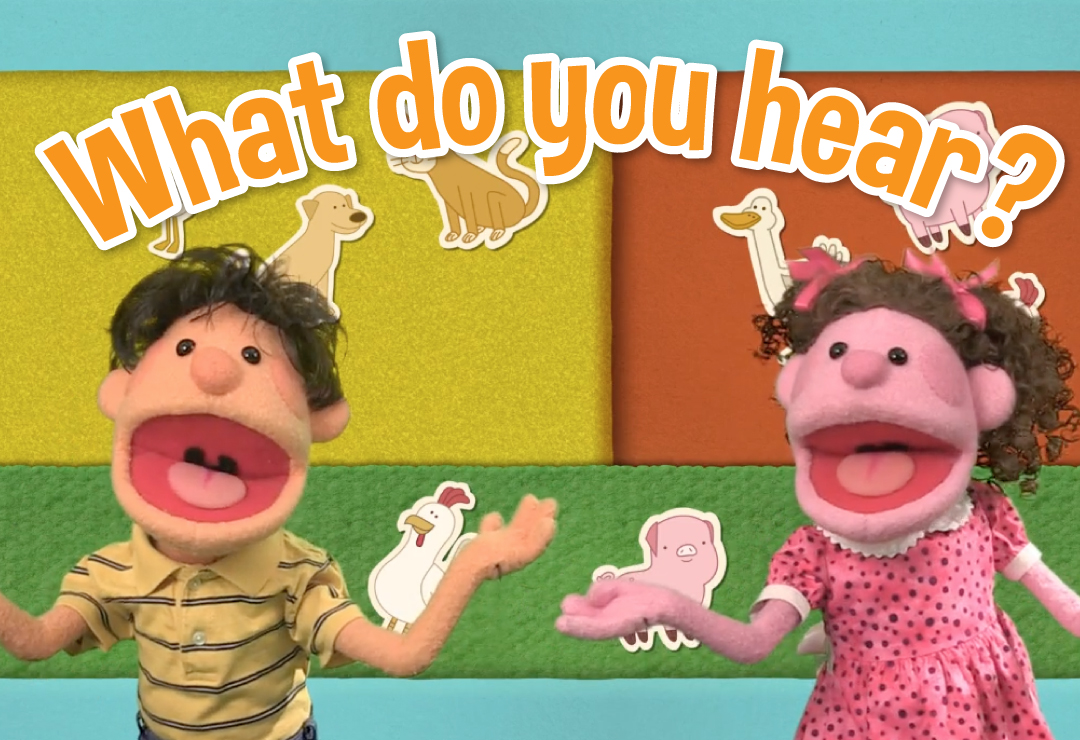
Happy Hear You Side View Mature Stock Photo 1570675744 Shutterstock
For example, "I was so happy to hear from you after all this time!". exact ( 16 ) Many universities would be happy to hear from you and answer any questions you may have. 1 The New York Times After all the money you give them, they'll be happy to hear from you. 2 The New York Times.

Happy Hear You Man Bearded Walks Stock Photo 1391649146 Shutterstock
The phrase "good to hear from you" is used as a way to express pleasure at receiving news or communication from someone. If you receive a message, email, or call from someone you haven't seen or heard from in a long time, "good to hear from you" is usually used. Here Are a Few Example Sentences With "Good To Hear From You":

Happy Hear You Man Bearded Walks Stock Photo 1146070943 Shutterstock
1. That's Good to Hear "That's good to hear" is the best way to replace "glad to hear that." We use it to show that we're happy to accept whatever the news is. It means that we might have expected bad results, but we're pleasantly surprised (and grateful) for good ones.

Happy To Hear it! stock photo. Image of news, isolated, brown 56230
Looking forward to hearing from you is a common expression in email communication and other correspondence. It's used to end an email by encouraging the addressee to reply sometime soon. There's nothing wrong with using this expression—it's clear, correct, and friendly in tone without being overly informal.

Happy Hear You Portrait Happy Confident Stock Photo 2129744048
The phrase "I look forward to hearing from you" is one way to communicate that you expect to get a reply from the person you're emailing or writing to. The expression uses a phrasal verb, which combines the verb "hear" with the preposition "from" to create a new meaning: "receive a reply."

Hello, happy to hear you. stock photo. Image of cheerful 51479388
"Nice to hear from you" means that you're pleased that someone has come to speak to you or deliver a message. It might also mean that you haven't seen someone for a while and that you're happy to hear from them again after such a long time. We generally say it at the start of a conversation when we're pleased to hear from somebody we already know.

Happy to Hear from you stock photo. Image of beautiful 1563682
"Nice to hear from you" is correct and acceptable in a formal email after someone hasn't messaged you for a while. "It's great to receive your message" is a great formal alternative that keeps your emails fresh. Try "I'm so glad you reached out" in more informal situations to show how happy you are to hear from someone.

I am so happy to hear you. stock image. Image of telephone 50908857
Meaning of "Good To Hear From You" The phrase "good to hear from you" is commonly used to express pleasure in receiving news or communication from someone. It is an effective way to" Show that you value the relationship Express that you are happy to be in touch BONUS: Save 60% on Grammarly Premium

I am so Happy To Hear from You ! Stock Photo Image of handheld, happy
It is positive, polite, and suggests a satisfactory response from the reader - all without being too pushy. But as good as it is, this particular means of adding a finishing touch to online correspondence has been overused to the point that it is nearly invisible. That is why we need alternatives - to make sure the energy of our words comes across.

Happy Hear You Happy Beautiful Business Stock Photo 1686868255
How do I say this in professional (british) english? Nice to hear from you Glad to hear from you Great to hear from you Please to hear from you So the context is: "Hi, this is xxx form xxx company, you applied for the job ad xxx, do you have time?" "Good morning, yes. I am glad to hear from you." Is this correct to say? phrase-requests Share

What Do You Hear? Super Simple Songs
2. If you have any questions, I'm happy to hear from you. Huffington Post. 3. "I'm happy to hear from you," said President Nelson Mandela, as though a call from a reporter on a Saturday afternoon was a pleasant surprise. The New Yorker. 4. Usually, of course, I am happy to hear from them. The New York Times.

Happy Hear You Attractive Young Smiling Stock Photo 1037561500
The part of the sentence 'happy to hearing from you' is not correct and it is not usable in written English. To make it correct, you should use the phrase 'happy to hear from you'. For example: I was so happy to hear from you after all these years. similar ( 57 )

We Want to Hear from You
I look forward to hearing from you is a standard email phrase often used in professional settings. Business-friendly alternatives you can use instead include: I'm eagerly awaiting your response. Your prompt response would be appreciated. Thank you for your timely response. I hope to hear from you soon. [Be direct and include a call-to-action]

Happy Hear You. Man Image & Photo (Free Trial) Bigstock
Happy To Hear From You synonyms - 19 Words and Phrases for Happy To Hear From You nice to hear from you it's nice to hear from you delighted to hear from you good to hear from you great to hear from you i am happy to hear from you i'm glad to hear from you i'm happy to hear from you it is good to hear from you it is great to hear from you

When you're happy you hear the music, when you're sad you hear the
This email example should help you understand it better: Dear Thomas, Thank you for telling me this information. You are doing so well at keeping me involved. All the best, Cheryl. 2. That's Very Good News. "That's very good news" is another way to say "I'm glad to hear that" that works well in formal emails.

Happy to hear you! stock image. Image of young, phone, woman 529927
1. I Am Pleased to Have Connected With You Start simple. You can't go wrong with "I am pleased to have connected with you" instead of "nice to connect with you." It's a great synonym that shows you enjoyed meeting someone (whether it was online as an e-meet or in person). We recommend using this when meeting someone through social media.